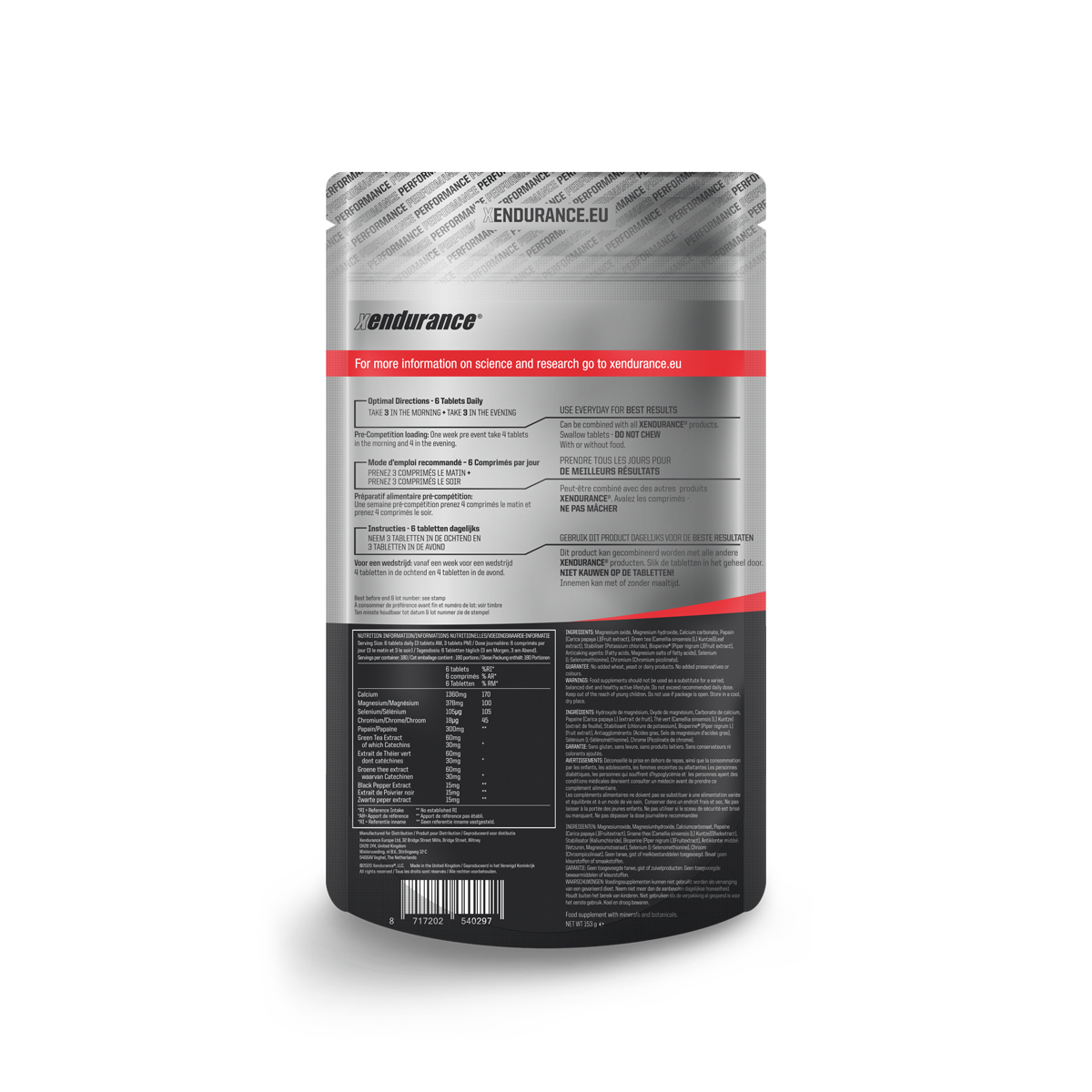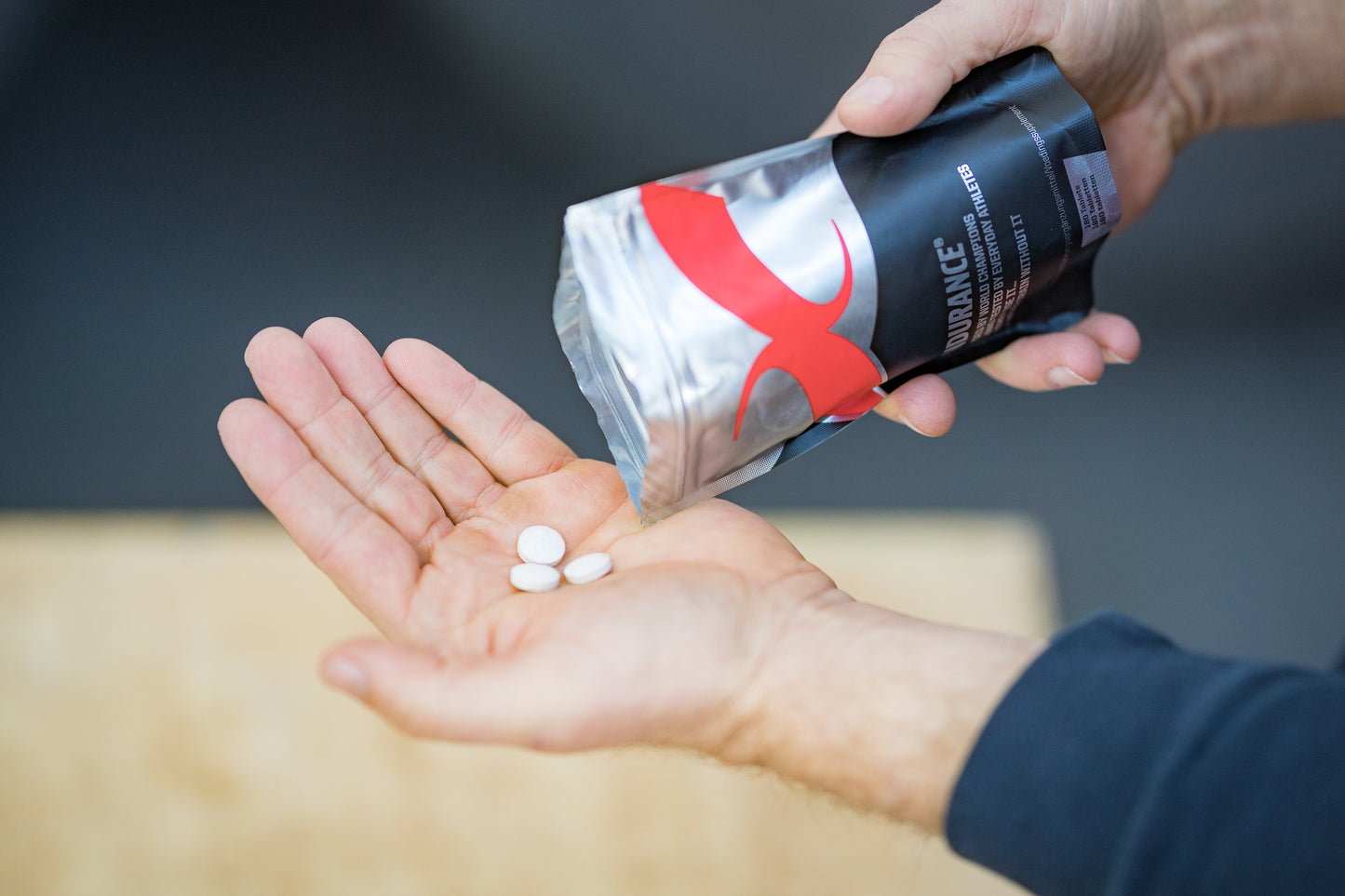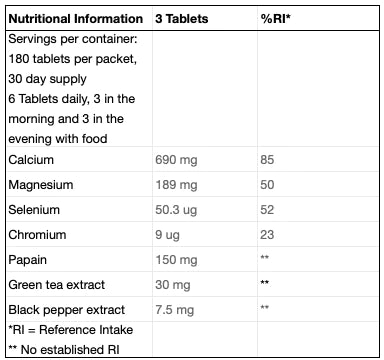12-step program for ramping down
A triathlon season has four parts. The first three are pretty clear. It starts with the base period, usually in winter and early spring. Long, steady aerobic miles and weight training lay the foundation in the base period. The second is the anaerobic or speed phase, which lasts about one-quarter to one-third of the time you spend on your base. You add intervals to the endurance and strength of your aerobic training base and receive high-output speed and endurance in return. Next comes the taper. A well-executed taper down from peak training volume lasts around four weeks from start to finish.
Now, for the fourth phase. This is one of the most critical yet least understood parts of training: It’s the off-season, when you allow your body to fully charge up and recover. It’s the balance to the energy output of the other three phases. To many, the off-season translates into taking two weeks easy after the final race of the season and then jumping back into a structured training program in hopes of getting a head start and a foot up on their competitors.
However, our bodies don’t work best this way, and a good off-season can last up to three months. If this sounds impossible, then go train, but don’t expect any significant gains. But if you want to get faster, have more endurance and do better in your races next season, read on.
Moving forward
Most of you are nearing the end or have already ended your main training for the year. What you do now will have a profound effect on what happens in the future. The off-season is not a time to discontinue workouts altogether. Activity is essential, but structure is not. Intensity, speed and regiment at this time of year will get you a rap on the knuckles, as both body and mind get depleted from months of big workouts. You’ll get the list of Do’s to choose from in a moment. But first we need to cover the three big Don’ts.
1. Don’t start back too soon. Just about everyone goes into the autumn and early winter months motivated to train. The drive to train can come from two opposing forces. One happens when you had the great successes in your racing this past year, which makes you even more excited for what could be achieved in the next year. With success as your motivator, you can be on a great race high that masks the need to cut back on training. However, to accomplish the two most important goals of the off-season, which are to recover and regroup, downtime is essential. An early jump into a big training program is a guarantee for a mid-season burnout next year.
The second reason for wanting to dive back into training can come from disappointment, especially if it happened at your season finale. Using disappointment and frustration as a motivator can put your name on the Early Start mistake list with just as much ease as if you were overly zealous. But once again, emotions (disappointment, frustration) are masking the body’s need to shut down for a while and just chill out, take a breather, relax and recover.
2. Don’t become one with your couch. Taking a break from structured training is not a carte blanche invitation to become a sloth. This can result in excess weight gain, lethargy and having a huge mental block against getting back into the swing of training. This is the opposite of the Early Starter but can have a similarly negative effect on what happens next season. We’ll talk in a moment about what activity means during the off-season, but safe to say it doesn’t mean mastering the remote control for your television.
3. Don’t sneak biggies. When most triathletes feel their fitness begins to slide they want to sneak a big workout in just to maintain things. It may be an unscheduled long ride on the bike, a quick speed session or a workout that turns into a race with their buddies. This can be a good thing as long as it’s not a regular part of your schedule. Otherwise, it becomes training, and training turns the off-season into a muddled version of the regular season, which turns the regular season into a muddled version of the off-season.
Getting it right
So, what should you do? Here are a few tips for setting yourself up with the right balance of recovery without losing too much fitness.
1. Rest then assess. Take three weeks rest and recovery with only a minimum of easy training (up to a maximum of 30-60 minutes per day) after your last race of the year. Simply do light exercise that still moves the blood through your body with the focus of having total enjoyment. If you plan an hour jog, but at 20 minutes your body is saying enough, then in the off-season it truly is enough. By doing this, you will allow full recovery that only really begins after about two to three weeks of very low intensity workouts.
2. Train without training. During the year you swim, bike and run with focus. Part of a good off-season requires taking a mental break from the standard routine. Begin your off-season training with workouts that don’t feel like workouts. Try mountain biking, trail hiking, cross-country skiing, snow-shoeing, rock climbing or anything else that uses the heart and muscles but is not about miles or training time to put in your log book. If you must swim, bike and run, start with a volume that is at most one-quarter to one-half of what you do mid-season.
3. Keep running . . . a little. You can take a complete break from the bike and the pool and still come back strong next year. However, it’s important to do a small amount of maintenance work for the run. If you take complete time off of running, when you begin your training again the joints and tendons could be subject to a higher chance of injury. But try to just run as your body tells you. Don’t have a definitive plan or goal of the amount of time you will run. If you feel good, go a little longer. If you feel tired, cut the run short.
4. Stay flexible. The off-season is one of the best times to work on general flexibility. Without your body having to deal with the miles of training, you can effectively apply the benefits of flexibility work. When you start back with a structured program, you will be more flexible and your body will be adapted to the rigors of flexibility work at the start of your training season.
5. Let your mind relax. One to three months away from a structured training schedule will not only recharge your body but will also recharge the motivation stores in your mind. Skipping workouts or cutting back is not being lazy. It is being wise. Take time to listen to your body, take more breaks, naps, sleep more at night and cut out the workouts. Be flexible when deciding what to do for exercise.
6. Eat now for next year. We all tend to scarf down the junk food the first weeks after the last big race. All the things that you denied yourself in the pursuit of excellence come calling your name, and most of us succumb. Splurging a little bit is fine, but do your best to cut the food slide before it adds too much evidence around the midsection.
Body composition is only one reason to eat well in the off-season. A second is that it can take weeks to several months to stock up the reserves of nutrients that are depleted over the season. It can also take that long to heal the tissues and build up the reserves of components in your hormonal systems that help you race well, think clearly and have emotional stability. Balance the splurge with an even larger amount of healthy foods.
7. Do a race. Find a fun race every three to six weeks. This is your get out of jail free card. Go into it with no speed work, and give it everything you have. This will keep a huge amount of your overall fitness intact yet still allow you to recover. Make sure you have not been sick in the two weeks leading up to your fun race, and monitor your health in the two weeks post-race. If you do come down with something in that timeframe, it is your immune system indicating a need to keep the training knob turned to low.
8. Sleep, sleep and sleep some more. There is nothing like several weeks with full nights of sleep to charge the body up and rebalance the hormone and energy systems. Think of catching up on sleep just like you would losing weight. Make it a long-term project. One healthy well-proportioned meal won’t melt away months of overindulging at the dinner table. One or two nights of good rest won’t make up for months of cutting the ZZZs short.
9. Remember your support crew. Just about everyone has a group of family and friends that was left on the chopping block when it came to carving out time to train. Thank them . . . more than once. Do something with them they enjoy . . . more than once. Hang up the training shoes and hang out with them . . . more than once. After a while they’ll get tired of you and want you out of the house again anyway.









